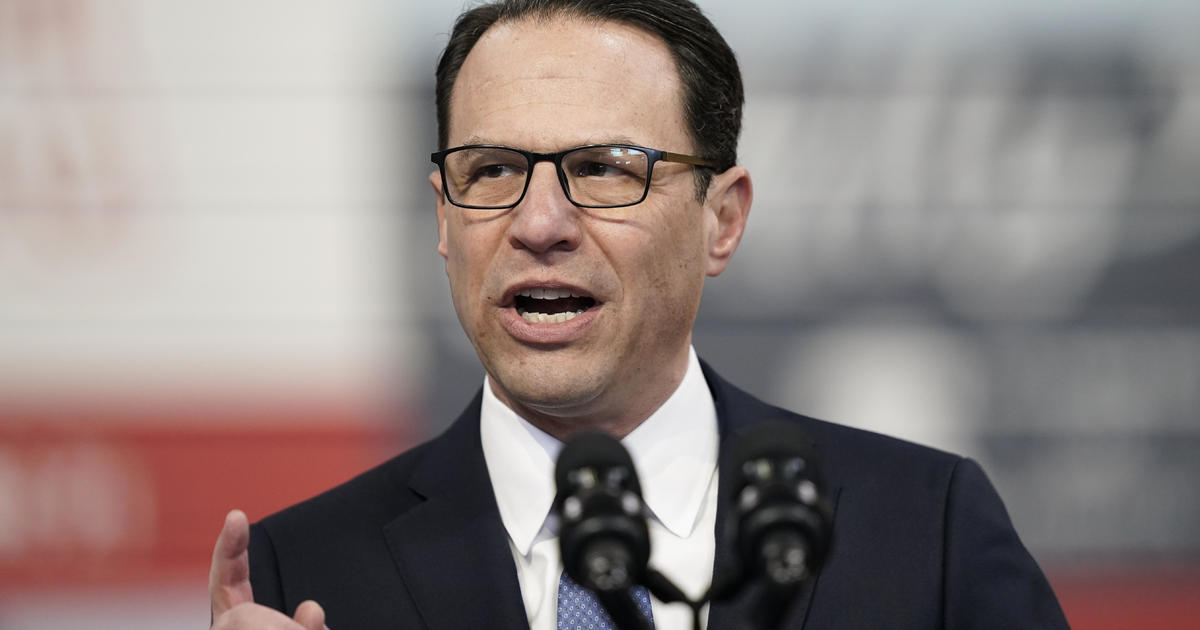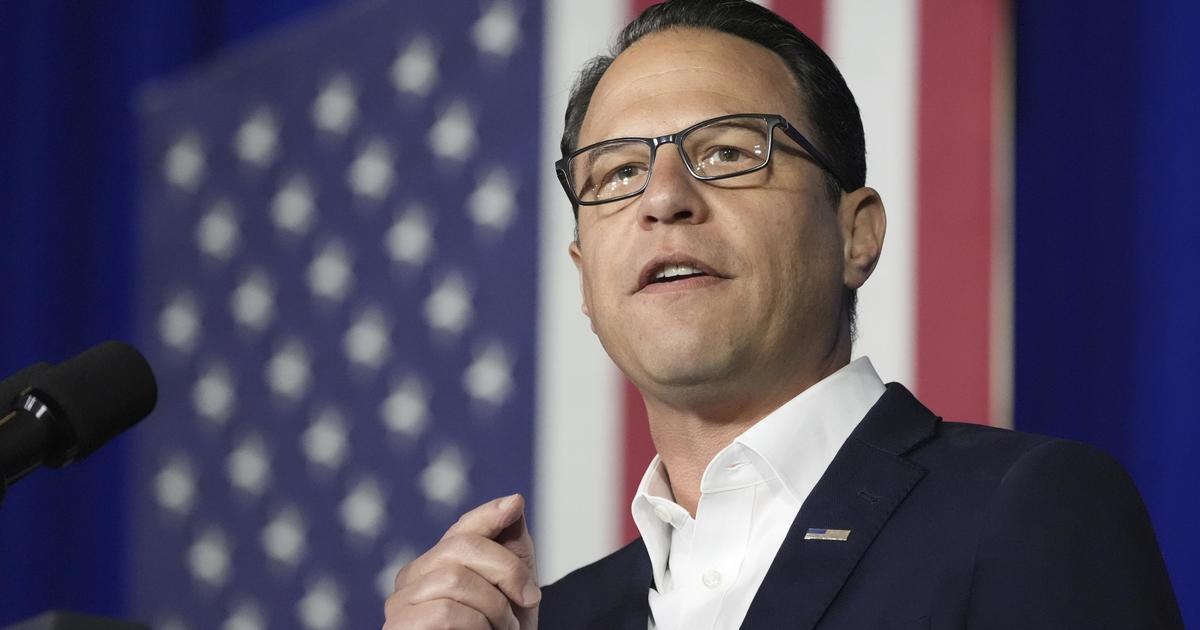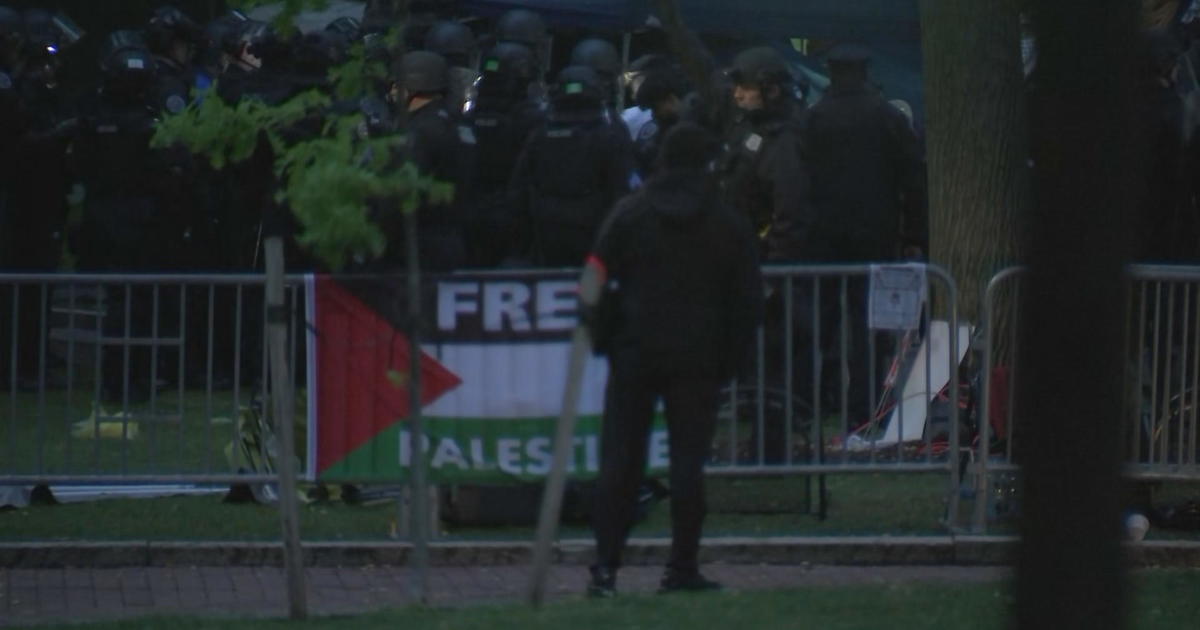Highway Construction Dollars, Local Police Protection Clash
HARRISBURG, Pa. (AP) — Call it Pennsylvania's highway robbery.
A pot of money from a huge increase in fuel taxes and motorist fees under a 2013 law designed to shore up Pennsylvania's highways and bridges is not so huge anymore, as a growing amount is getting diverted to the Pennsylvania State Police.
Now, alarmed transportation planners, construction firms and engineers are looking at 12-year Department of Transportation projections that show a fattening state police budget consuming more dollars for construction projects. Lawmakers are taking notice, too.
"I think people are shocked to find that what they voted for is going to the Pennsylvania State Police," Transportation Secretary Leslie Richards said.
A consensus is building in the Capitol to clamp down on the decades-old use of highway dollars for the state police. But a battle is shaping up over how to fill the breach or whether the money can be found in the state's deficit-ridden operating account.
First under the microscope is one particular part of the state police budget that's fueling renewed unrest in the Legislature: police service that's free to local taxpayers in municipalities that have shut down their police departments.
Besides the question of fairness, some believe the service amounts to an unconstitutional use of highway dollars.
Under the state constitution, motorist fees and fuel taxes are strictly for highway construction, repair and safety. Those dollars now underwrite two-thirds of the state police's budget — $750 million out of nearly $1.2 billion — based on the state police's recommendation of what its highway safety services cost.
The state police would not divulge a cost figure for the free police service in response to requests from The Associated Press. However, the state police apparently told legislative researchers that it cost $540 million in 2012 — more than half the agency's budget that year.
The issue has been a sore spot for at least two decades, since then-Gov. Tom Ridge, a Republican, sought to extract reimbursements from the largest free-riding municipalities. Lawmakers repeatedly rebuffed him.
Since then, the state police budget has tripled, and is now consuming another $500 million annually in highway funds. One PennDOT projection showed the state police budget swallowing another $400 million per year in highway funds after the next decade.
"If this keeps going, we're going to have trouble fixing potholes, let alone bridges," said House Transportation Committee Chairman John Taylor, R-Philadelphia.
Of 2,561 municipalities in Pennsylvania, half — 1,287 — have no police coverage other than the Pennsylvania State Police, according to state data. Another 413 get free part-time coverage.
There are no eligibility rules or poverty test for municipalities to get state police coverage.
In general, those that get full- or part-time police protection are rural or suburban, with fewer people and more real estate than the average municipality, according to an AP analysis of state data.
For the largely urban and suburban municipalities that finance their own police forces, the cost likely exceeds $2 billion a year, and their lawmakers complain that their constituents are also footing the bill for freeloading municipalities. Philadelphia taxpayers alone pay $650 million for their own police.
But confronting lawmakers who represent state police-served municipalities is sensitive.
"I'm trying to solve a problem, so I'm not going to get into who shot John," said Rep. Bill Keller, D-Philadelphia, the ranking Democrat on the House Transportation Committee.
Officials in Democratic Gov. Tom Wolf's administration said they do not believe the highway money is being used unconstitutionally and Richards is focused on finding a new money source, rather than casting a critical eye on free local police service.
The state's largest legislative district, in northern Pennsylvania, where dozens of municipalities are served by the state police, belongs to Senate President Pro Tempore Joe Scarnati, R-Jefferson.
A local police services fee is not the solution, he said.
"What happens if they don't pay it?" Scarnati asked. "The state police aren't going to come to a crime scene? ... If they could pay for it, they'd have their own police force."
Besides, state police coverage is not Cadillac police coverage: There are two patrol cars on the road in 655-square-mile Jefferson County, he said.
"It takes an hour to get from one end to the other," Scarnati said. "You better have a lock on your door and a shotgun behind it."
(© Copyright 2016 The Associated Press. All Rights Reserved. This material may not be published, broadcast, rewritten or redistributed.)



